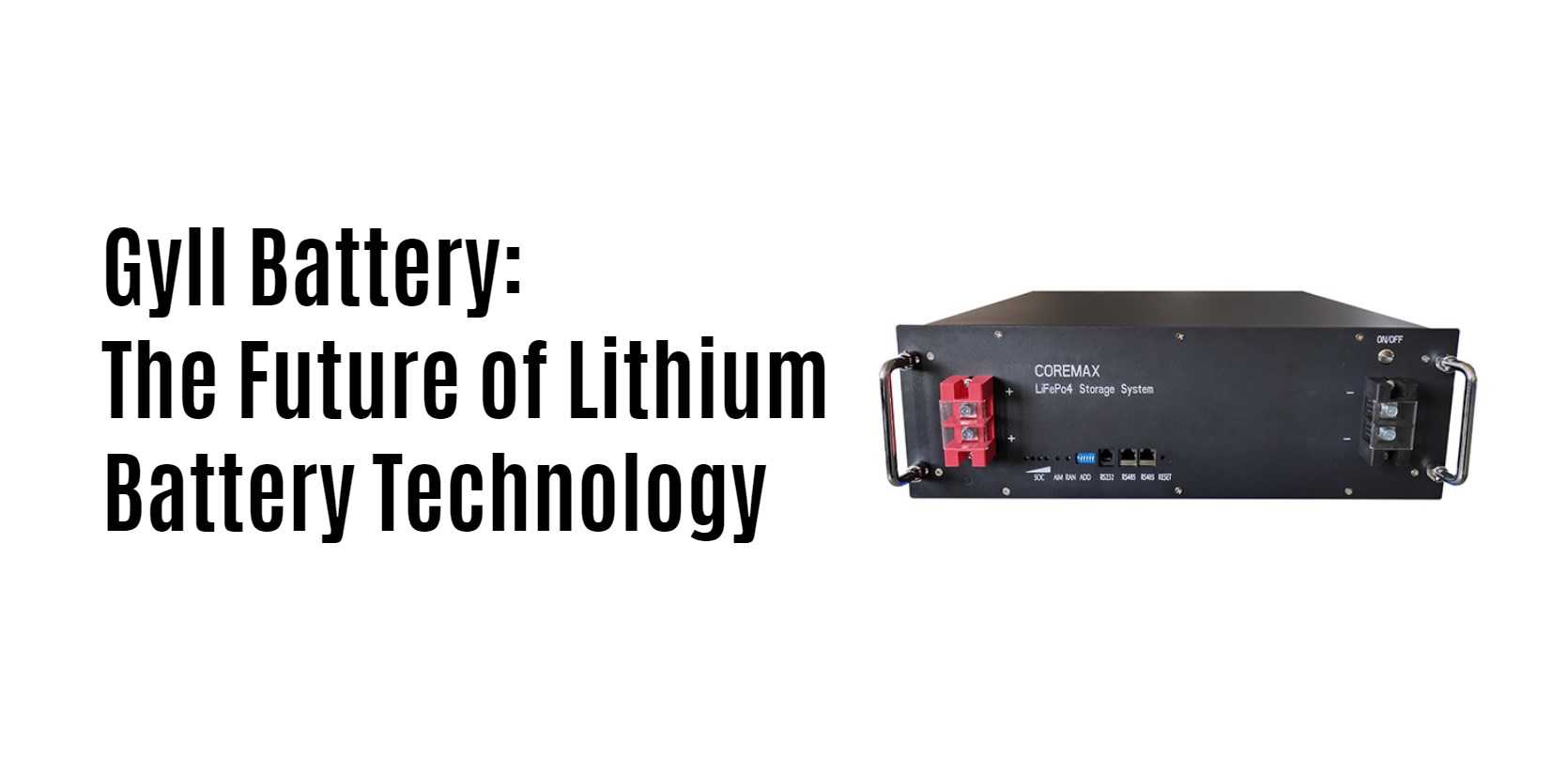Gyll battery technology represents a significant advancement in lithium battery technology, promising higher energy densities, improved safety, and faster charging times. As the demand for efficient energy storage solutions grows, Gyll batteries could play a crucial role in meeting these needs.
Introduction to Gyll Battery Technology
Gyll batteries are emerging as a potential game-changer in the realm of energy storage, particularly in electric vehicles (EVs) and renewable energy applications. This innovative technology seeks to address the limitations of conventional lithium-ion batteries by enhancing energy density and safety features.
Wholesale lithium golf cart batteries with 10-year life? Check here.
Current Landscape of Lithium Battery Technology
Lithium-ion batteries have dominated the rechargeable battery market due to their high energy density and efficiency. However, they face several challenges, including safety concerns related to flammability and limited lifespan. With the increasing adoption of EVs and renewable energy systems, there is a pressing need for batteries that can offer longer life cycles and faster charging capabilities.
| Lithium-ion Battery Characteristics |
|---|
| Energy Density: High |
| Lifespan: Moderate |
| Safety: Moderate |
| Charging Time: Slow |
Advantages of Gyll Battery Technology
Gyll batteries offer several advantages over traditional lithium-ion batteries:
Want OEM lithium forklift batteries at wholesale prices? Check here.
- Higher Energy Density: Gyll technology utilizes advanced materials that allow for more energy storage in a smaller footprint.
- Improved Safety: By reducing flammability risks, Gyll batteries enhance safety during operation and transport.
- Faster Charging Times: Gyll batteries can be charged significantly quicker than conventional lithium-ion counterparts, making them ideal for EV applications.
Chart: Comparison of Energy Densities
| Battery Type | Energy Density (Wh/kg) |
|---|---|
| Conventional Li-ion | 150-250 |
| Gyll Battery | 300+ |
Comparison with Other Emerging Technologies
In addition to Gyll batteries, several other technologies are vying for attention in the battery landscape:
- Sodium-Ion Batteries: These offer lower costs due to the abundance of sodium but currently have lower energy densities.
- Lithium-Sulfur Batteries: Promising high energy densities but facing challenges with charge cycles.
- Solid-State Batteries: These replace liquid electrolytes with solid materials, potentially increasing safety and performance.
Each technology has its strengths and weaknesses, but Gyll batteries are positioned to combine several advantages into one solution.
Technical Challenges and Solutions
Despite their potential, Gyll batteries face challenges that must be addressed:
- Material Stability: Ensuring that new materials used in Gyll batteries maintain performance over time is crucial.
- Manufacturing Scalability: Developing processes that can produce Gyll batteries at scale without significant cost increases is essential.
- Market Acceptance: Educating consumers about the benefits of Gyll technology compared to established lithium-ion options will be key for adoption.
Latest News on Battery Innovations
Recent advancements highlight the rapid evolution in battery technologies:
- Researchers have made strides in developing solid-state batteries that promise enhanced safety and efficiency.
- Companies are exploring modular battery designs that could revolutionize how EVs are charged.
- The push for sustainable materials in battery production is gaining momentum as environmental concerns rise.
These developments indicate a vibrant future for battery technologies, with Gyll batteries potentially leading the charge.
Redway Expert Comment
“With the advent of Gyll battery technology, we are witnessing a pivotal moment in energy storage solutions. The combination of higher energy density and improved safety protocols could redefine our approach to electric vehicles and renewable energy systems,” states an industry expert from Redway. “As we move forward, it will be crucial to address manufacturing scalability to meet growing demands.”
Frequently Asked Questions
Q1: What makes Gyll batteries different from lithium-ion batteries?
A1: Gyll batteries utilize advanced materials that enhance energy density and safety while allowing for faster charging times compared to traditional lithium-ion batteries.Q2: Are Gyll batteries safe?
A2: Yes, one of the primary advantages of Gyll technology is its improved safety features that reduce flammability risks associated with conventional lithium-ion cells.Q3: What applications are best suited for Gyll battery technology?
A3: Gyll batteries are particularly well-suited for electric vehicles and renewable energy storage systems due to their high energy density and fast charging capabilities.
What Are the Key Advantages of Gyll Battery Over Traditional Lithium-Ion Batteries?
Gyll batteries offer several advantages, including higher energy density, faster charging times, and improved cycle life compared to traditional lithium-ion batteries. They also provide enhanced safety features, reducing the risk of thermal runaway and increasing overall reliability in various applications, making them a superior choice for electric vehicles and renewable energy storage.
How Does Gyll Battery Technology Improve Safety and Reduce Flammability?
Gyll battery technology enhances safety by utilizing advanced materials that minimize flammability and improve thermal stability. These batteries incorporate robust structural designs and thermal management systems that help prevent overheating and reduce the likelihood of thermal runaway events, addressing key safety concerns associated with traditional lithium-ion batteries.
What Are the Potential Applications of Gyll Battery in Electric Vehicles?
Gyll batteries can be used in various electric vehicle applications, including passenger cars, buses, and commercial vehicles. Their high energy density and fast charging capabilities make them ideal for improving vehicle range and performance, while their safety features contribute to overall vehicle reliability and user confidence.
How Does Gyll Battery Compare to Other New Battery Technologies Like NanoBolt or Zinc-Manganese Oxide Batteries?
Compared to NanoBolt and zinc-manganese oxide batteries, Gyll batteries typically offer higher energy density and faster charging times. While NanoBolt technology focuses on improving conductivity and efficiency, and zinc-manganese oxide offers cost-effective alternatives, Gyll batteries stand out for their enhanced safety features and longevity in demanding applications.
What Are the Main Challenges in Mass-Producing Gyll Batteries?
The main challenges in mass-producing Gyll batteries include scaling up production processes while maintaining quality control, sourcing advanced materials, and ensuring consistent performance across batches. Additionally, developing efficient manufacturing techniques that minimize costs while maximizing safety and reliability is crucial for widespread adoption in the market.








